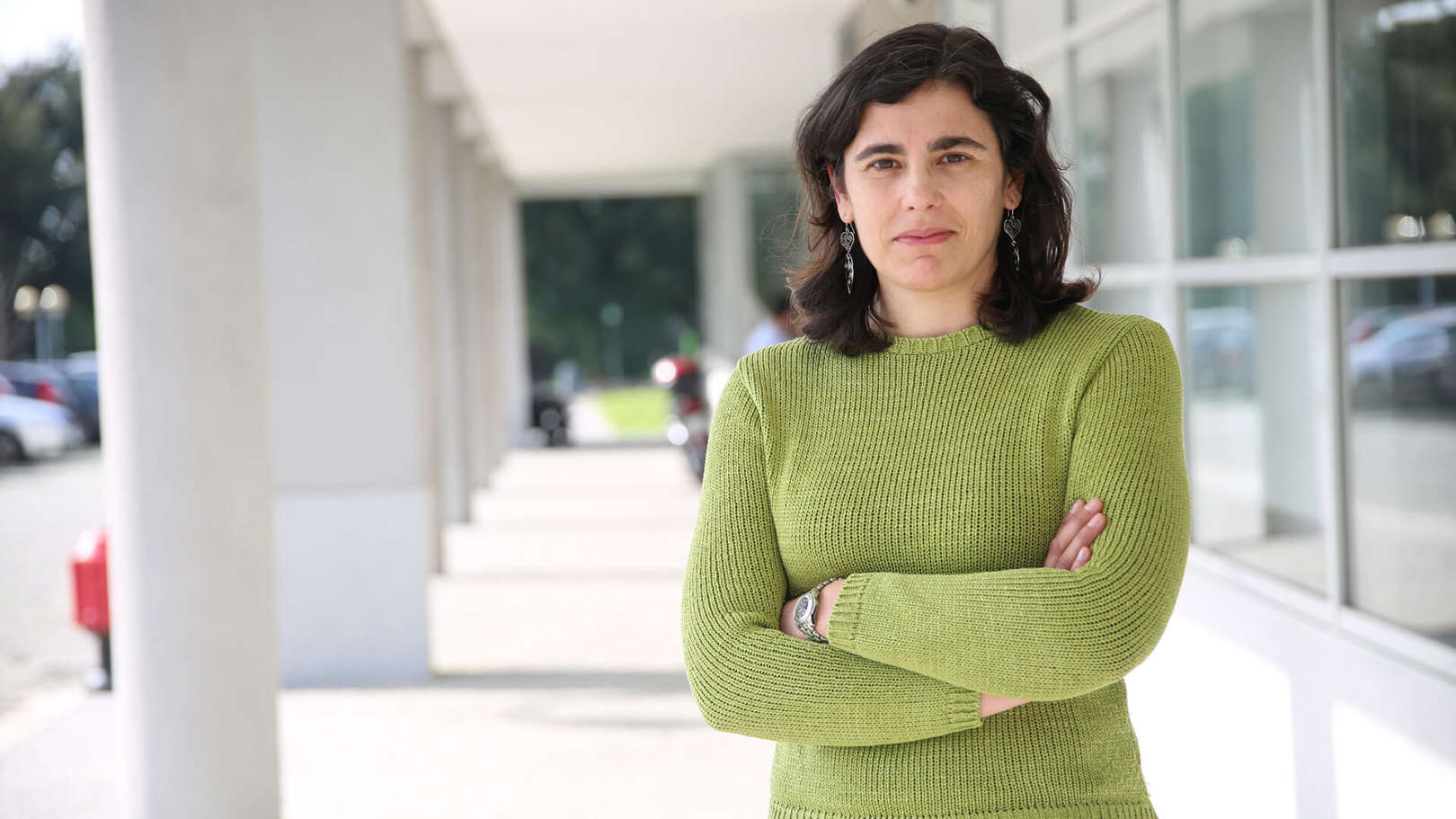Sobre
Tânia Fontes é investigadora no INESC TEC e é financiada por Fundos Nacionais através da FCT - Fundação para a Ciência e a Tecnologia (10.54499/2022.07805.CEECIND/CP1740/CT0001). A sua área de especialização é mobilidade urbana de pessoas e cargas, centrando-se designadamente na avaliação dos impactos ambientais. Os seus interesses de investigação incluem a avaliação de políticas de transporte e o uso de data science para suportar o desenho de sistemas de apoio à decisão. Ela tem liderado diversos projetos de investigação na área da mobilidade de passageiros e cargas, em particular em espaço urbano (e-LOG e opti-MOVES). Além destes, tem colaborado activamente noutros projetos de investigação (ex. Seamless Mobility, SmartDecision, CIVITAS-ELAN), projetos de consultadoria (ex: CIM-TS, VoxPop), e acções Cost (ex: ARTS, TEA, TRANSITS). Em 2016 esteve 6 meses em Pequim para estudar os impactes das politicas de transporte na qualidade do ar da cidade. Publica regularmente em revistas na área dos transportes e ambiente. É doutorada em Ciências Aplicadas ao Ambiente pela Universidade de Aveiro (2010). É também licenciada em Engenharia Informática (ISEP, 2007) e Engenharia do Ambiente (UFP, 2001).


